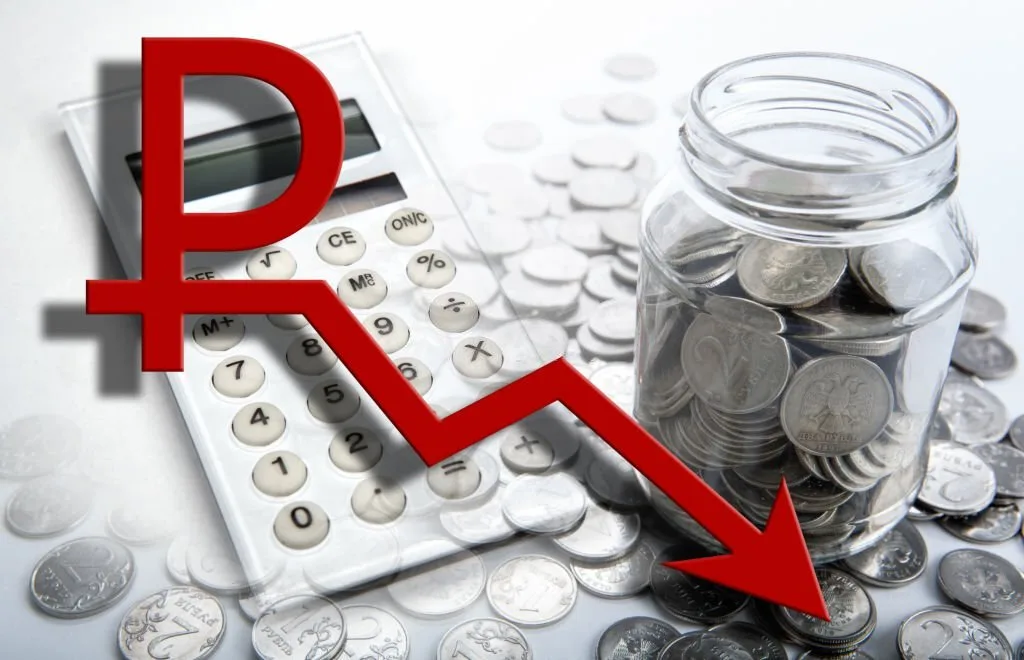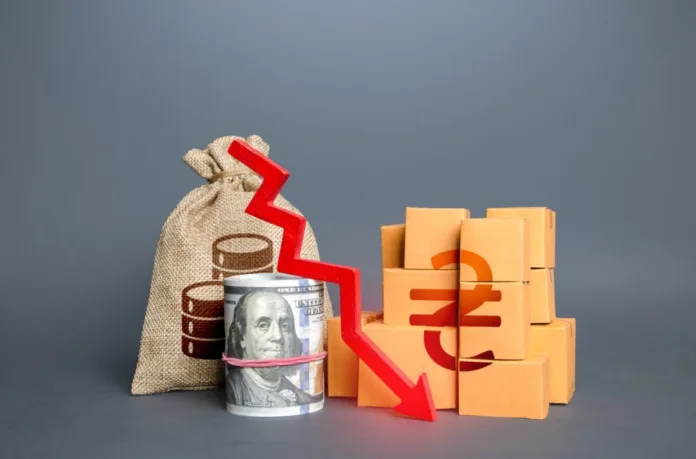The strength of an economy is determined by a number of factors, including its GDP per capita, its unemployment rate, and its inflation rate. The following are the weakest economies in the world in 2023:
Somalia: Somalia has the weakest economy in the world. Its GDP per capita is $303, and its unemployment rate is 46%. The country is also facing a severe drought, which is exacerbating the economic crisis.
South Sudan: South Sudan has the second weakest economy in the world. Its GDP per capita is \$441, and its unemployment rate is 35%. The country is also facing political instability, which is hampering economic growth.
Sierra Leone: Sierra Leone has the third weakest economy in the world. Its GDP per capita is \$532, and its unemployment rate is 50%. The country is also facing the aftermath of a civil war, which is slowing economic recovery.
Central African Republic: The Central African Republic has the fourth weakest economy in the world. Its GDP per capita is \$624, and its unemployment rate is 25%. The country is also facing political instability, which is deterring investment.
Burundi: Burundi has the fifth weakest economy in the world. Its GDP per capita is \$645, and its unemployment rate is 15%. The country is also facing political instability, which is impacting economic growth.

The weakness of an economy can have a number of implications for the people living in that country. People in weak economies may have difficulty finding jobs, may have to live in poverty, and may not have access to basic necessities like food, water, and healthcare.
The weakness of an economy can also have a negative impact on the country’s overall development. Countries with weak economies may have difficulty attracting investment, may have difficulty paying their debts, and may be more vulnerable to economic shocks.
There are a number of factors that can contribute to the weakness of an economy. These include:
Political instability: Political instability can deter investment and make it difficult for businesses to operate.
Economic sanctions: Economic sanctions can restrict a country’s trade and make it difficult for the country to access foreign currency.
Natural disasters: Natural disasters can damage infrastructure and disrupt economic activity.
Conflict: Conflict can displace people, destroy property, and disrupt economic activity.
Corruption: Corruption can divert resources away from productive investment and make it difficult for businesses to operate.
The weakness of an economy can be a challenge for governments and development organizations. However, there are a number of things that can be done to strengthen economies. These include:
- Promoting good governance: Good governance can help to attract investment and create a more stable environment for businesses.
- Investing in education and healthcare: Education and healthcare can help to improve the productivity of the workforce and reduce poverty.
- Encouraging trade: Trade can help to boost economic growth and create jobs.
- Reducing corruption: Corruption can be reduced by strengthening institutions and enforcing anti-corruption laws.
- Building resilience to shocks: Countries can build resilience to shocks by investing in infrastructure and social safety nets.
The weakness of an economy can be a difficult problem to solve. However, by addressing the underlying causes of the weakness, it is possible to strengthen economies and improve the lives of the people who live in them.




